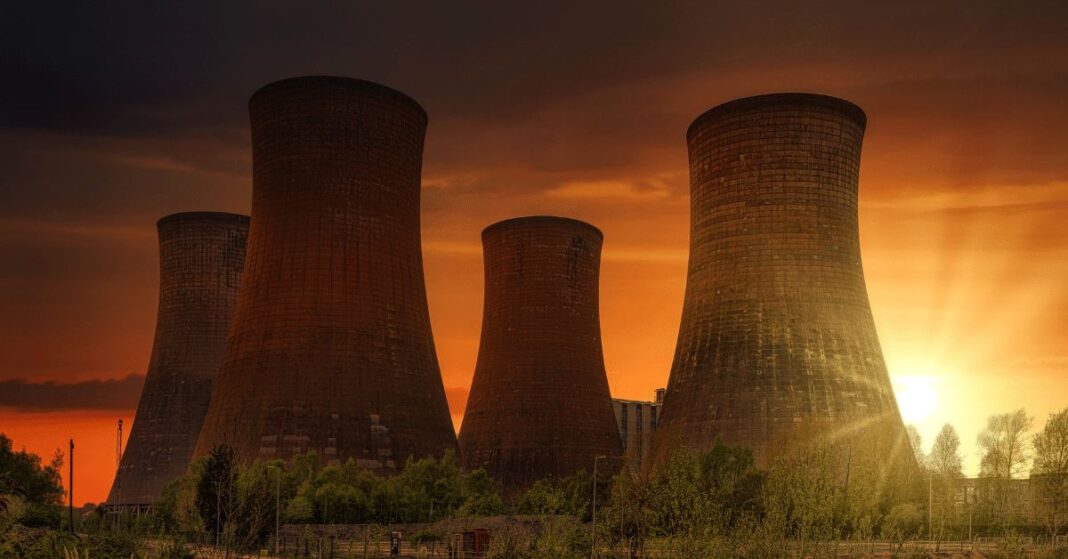Nuclear Proliferation
Nuclear proliferation is one of the most perilous threats facing the world today. Although the United States and Russian Federation have a number of bilateral treaties, they are not the only ones involved. There are several multilateral treaties aimed at preventing nuclear proliferation, including the Nuclear Suppliers Group, Missile Technology Control Regime, and Hague Code of Conduct.
Developing countries
Developing countries are at risk of nuclear proliferation because they do not have the sophisticated command and control systems that are needed to maintain control of weapons of mass destruction. Such systems also reduce the risks of nuclear accidents and escalation of conflict. Fortunately, some former Soviet republics have dismantled their nuclear programs and are not developing nuclear weapons. However, a country like North Korea still has nuclear weapons enrichment facilities.
Recent developments in the Middle East and North Africa have raised concerns about the proliferation of nuclear weapons and WMD. The US withdrawal from the Joint Comprehensive Plan of Action has created strategic uncertainty in the region and the ongoing conflict in Syria poses significant security risks throughout the region. Turkey and other Arab states have also expressed an interest in developing civilian nuclear power.
Iran
Iran’s nuclear proliferation policy is based on a prudent approach to the risks of nuclear proliferation. Since 2003, Iran has advanced its nuclear enrichment program while delaying any effort to restart its nuclear weaponization program. In November 2007, the U.S. National Intelligence Estimate noted that Iran has curtailed its clandestine weapons program, and the Iranian nuclear archive confirmed the conclusion a year later.
Iran has made a commitment to suspend its nuclear program by 2020 if it is not able to meet the terms of its international obligations. The United States and other international institutions have been skeptical of this commitment, but Iran insists that its nuclear program is peaceful.
North Korea
To successfully curb North Korea’s nuclear proliferation, the international community must use both economic and political measures. Combined, these methods will allow the international community to reduce the risks associated with a growing arsenal. These approaches require careful examination of past experiences and coordinated efforts from all parties involved. But balancing the interests of all parties involved is not an easy task.
North Korea has many motives for continuing its nuclear program, including the need to maintain a deterrent against conventionally superior adversaries. Moreover, the state’s nuclear arsenal is a symbol of national pride and legitimates its military bureaucracy. These considerations are important to the regime’s survival.
France
France first tested nuclear weapons in 1960 and currently has the fourth largest stockpile of nuclear weapons in the world. It also has the ability to deliver nuclear warheads to targets through air-launched cruise missiles or submarines. France also once had chemical and biological weapons, but these are banned under the 1996 Chemical Weapons Convention.
France has an ambitious nuclear policy. It has been determined to build and maintain its own nuclear arsenal, including the development of aircraft and submarine platforms. It also has nuclear-reprocessing facilities and accepts nuclear fuel from other countries. While this strategy has resulted in significantly increased costs, it has enjoyed significant domestic support. All of the country’s major political parties support the deterrent.
China
China has developed a nuclear capability since 1964 when it successfully tested an atomic bomb. The country has since expanded its nuclear arsenal, including new intercontinental ballistic missiles (ICBMs). These weapons will bolster China’s already nuclear-capable missile forces. But Beijing has been wary of the risks posed by nuclear weapons.
Chinese scientists have made significant progress in miniaturization techniques since the 1980s, according to recent reports. While the Cox Commission has accused China of covertly obtaining guided ballistic missile technology and nuclear warhead designs from the United States, Chinese scientists have repeatedly insisted that they have developed these weapons without the aid of foreign espionage.
India
This book explores India’s nuclear program and the secrecy that has hindered it. Secrecy undermines the capacity of states to learn and generate optimal policy choices. Secrecy also impairs decision-making capacity. Hence, this book argues that revealing the nuclear program of India is vital to ensure its safety and security.
The book relies on interviews with nuclear planners in India, including former defence and cabinet secretaries, national security advisors, and secretaries of the department of atomic energy. It also draws on interviews with senior officers of the Indian armed forces, including chiefs of staff and principal staff officers. It will be of interest to students of strategic studies and Asian politics.
Israel
Israel’s nuclear proliferation poses a threat to Middle East peace. The infamous massacre in Gaza has damaged Israel’s international relations and created a hostile atmosphere towards Jewish communities throughout the world. Israel’s only ally is the United States. Yet Netanyahu is dishonoring the president of the United States by colluding with House Speaker John Boehner in Washington. In his speech to the United States Congress, Netanyahu focused on massive sanctions against Iran but didn’t mention Israel’s nuclear proliferation.
According to human rights organizations, Israel is promoting nuclear weapons. It has also been paying the Palestinians to use nuclear weapons. This is illegal under international law. Israel’s nuclear proliferation has prompted calls from many nations for an international investigation. However, the US government has remained silent on the matter. The United Nations has been pressuring Israel to change its policy.
Related Articles: Joe Biden, a Democrat, Is a Good Man?
Elon Musk’s First Cousin, Lyndon Rive
Fun Facts About Canadian Prime Minister Justin Trudeau
Can SpaceX Compete With Government-Owned Companies?
Elon Musk’s Dad Disses His Billionaire Son Says He’s Not Proud Of Him
What is Joe Biden’s Plan For Student Loans?
Max Helm – Nebraska Student Arrested For Sexual Assault
Phoenix Ghost Kamikaze UAS to Ukraine
Cobra Wraps Itself Around Child Neck For Two Hours
Human Rights Issues Around the World
Barack Obama – First Act As President and Diplomacy With Iran


